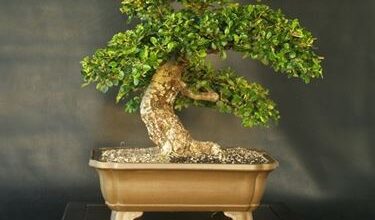Jasmine meaning
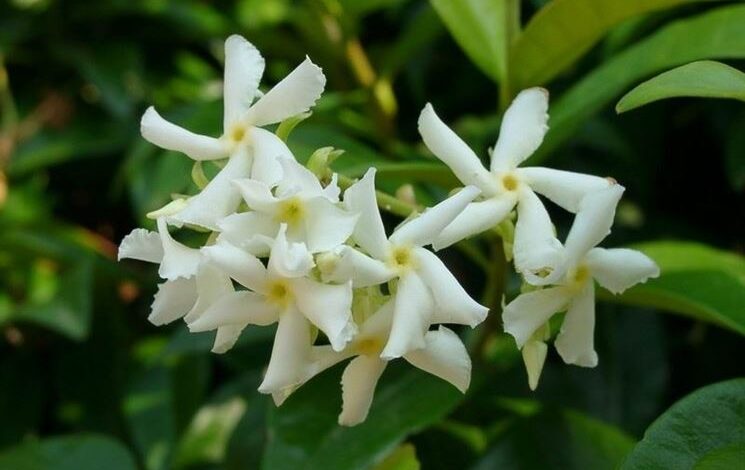
Jasmine meaning: the flower, characteristics and history
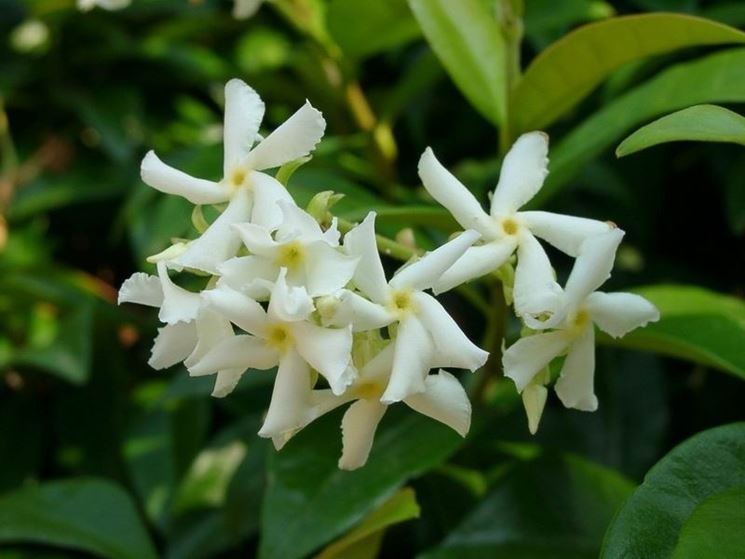
Jasmine plant: origin of the name and meaning
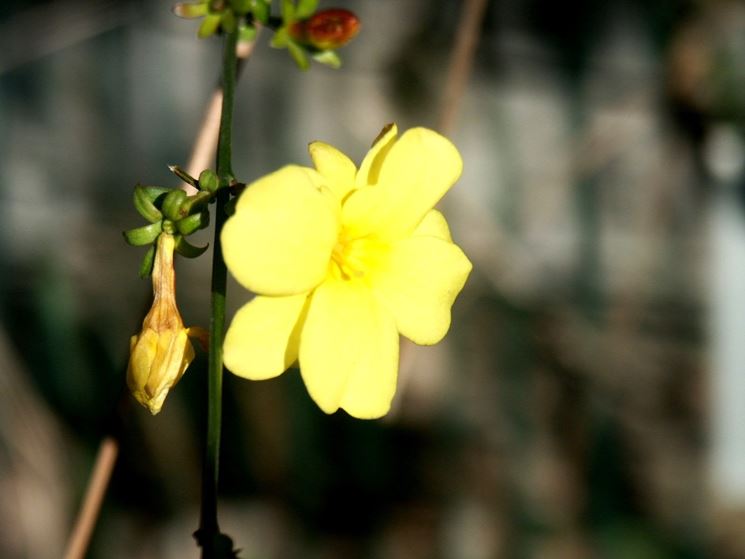
The name jasmine comes from the Persian word yasmin, which means fragrant flower. The name Jasmine is also used as a proper name for a girl, with the meaning of a gift from God. The scientific name of the plant is Jasminum Officinale. Jasmine has been cultivated all over the world for its flowers and for its scent: there are different varieties of this flower and each type of jasmine is associated with different meanings. Due to its attractive scent, white or Indian jasmine symbolizes attachment and sensuality. The white jasmine flower can also represent amiability and modesty. Yellow jasmine is associated with grace and elegance, while the variety known as Spanish jasmine also represents sensuality.
Meaning of jasmine: a story for every country
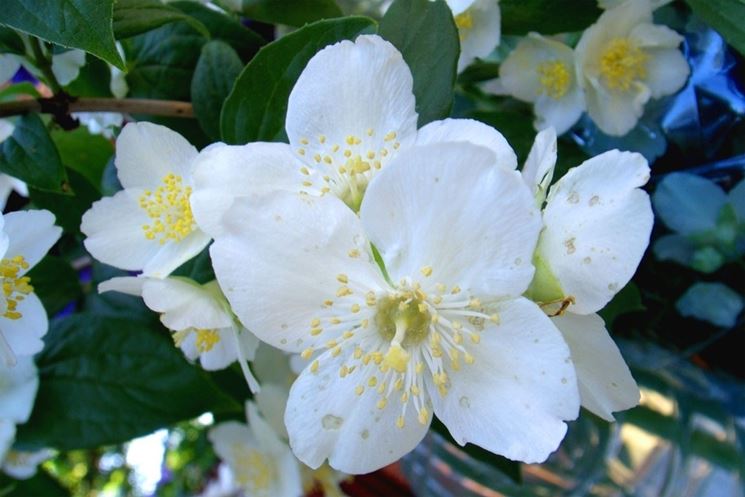
The symbolism associated with jasmine in general represents love, modesty, sensuality and attachment. The seductive scent of the flower reminds people of their loved ones, even if they are not present. Jasmine also represents kindness, nobility, grace and elegance.In India, jasmine flowers are also used for religious offerings as a symbol of divine hope, and are sometimes used in religious ceremonies. In Hindi, the jasmine flower symbolizes divine hope. In Thailand, the jasmine flower symbolizes motherhood and is considered a symbol of the selfless virtue of a mother who gives her life for her children. This delicate flower is a popular gift during Mother’s Day.In China, jasmine flowers are a symbol of femininity, sweetness, kindness and beauty. They also symbolize deep affection and happiness.
Jasmine meaning: Meaning and daily use of the jasmine flower
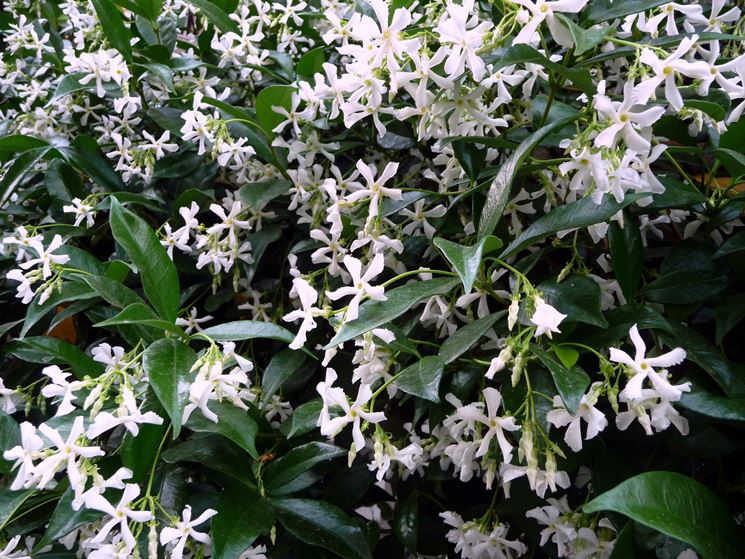
Jasmine flowers were used as a symbol during the Chinese jasmine revolution in 2011. In response to protests from the Beijing authorities, the sale of jasmine flowers in retail and wholesale flower markets was banned. jasmine is also the national flower for Indonesia, Pakistan and the Philippines. Jasmine flowers have an important significance in wedding ceremonies in these countries. Women from different cultures of Southeast Asia use the flowers in their hair for their beautiful fragrance. In China, jasmine has been used for tea for centuries, and some cultures believe that drinking jasmine tea every day can prevent diseases such as cancer. In aromatherapy, jasmine is an antidepressant and relaxant that helps fight fatigue and tension.


